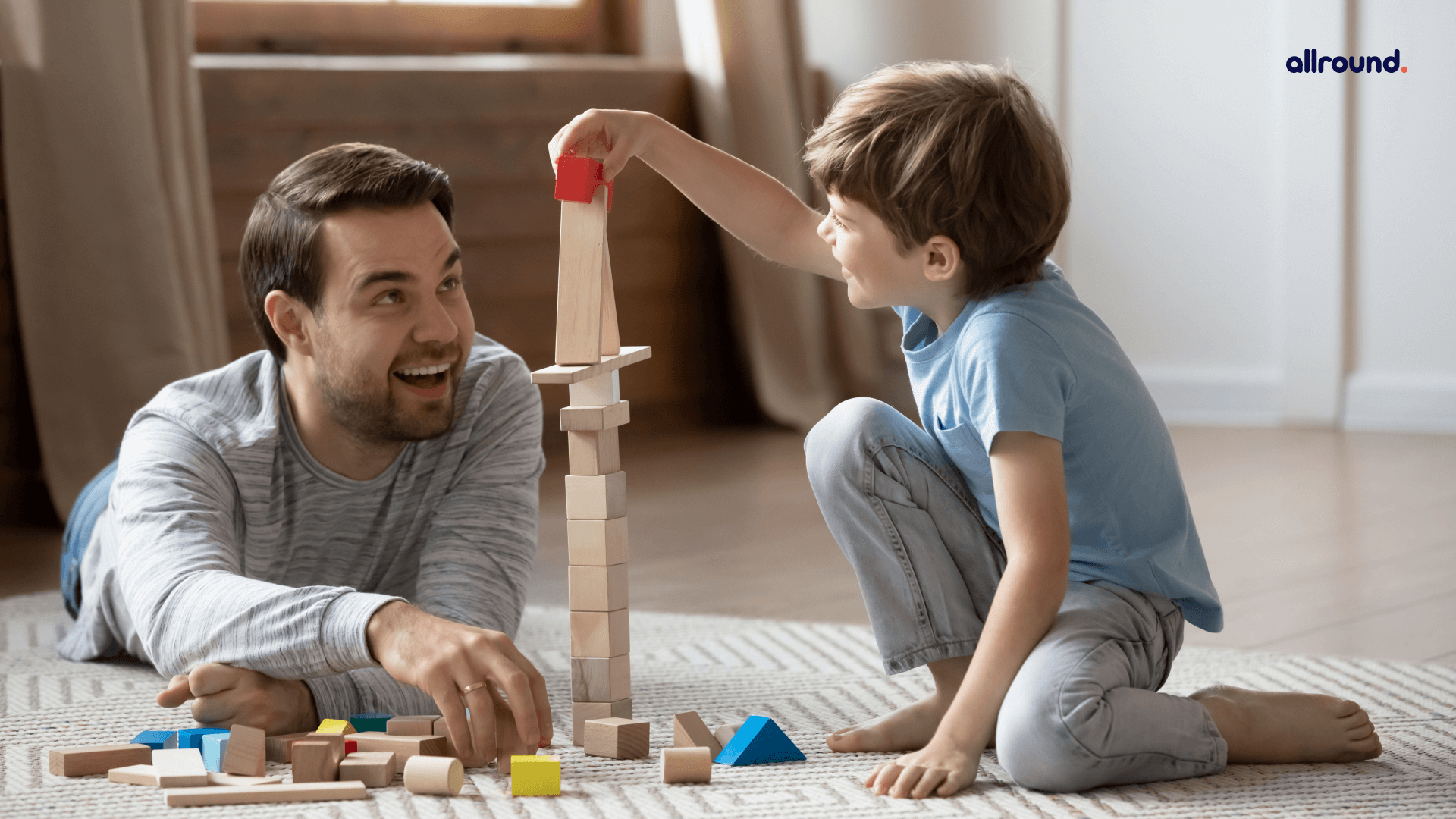What is Kinesthetic Learning?5 min read
Wondering what to do when your child cannot recognize, remember the concepts you teach them? Just know one thing- If a child can’t learn the way we teach, maybe we should teach them the way they learn! Every child is born unique and is different from others. Comparing a kid’s learning ability with the other kids seems like judging a fish who can’t fly. But never forget that it swims instead! Some children are slow learners. They take their own time and space to get the concept. This doesn’t mean that they are dumb or unwilling to study.
As a concerned parent, it may be obvious to worry about your child. Everybody wishes to see their children happy, prosperous, and healthy.
Contents
What Does Kinesthetic Learning Mean?
Kinesthetic learning is a technique wherein the primary concern is to teach the child in such a way so that he understands every bit of the information in the best possible way. The method may include:
- Using simulations.
- Quoting real-life applications.
- Presentations.
- Informative video sessions.
- Simply letting them enjoy the same concept visually.
Thinking about what you should do when your child doesn’t enjoy learning?
Get in touch with their subjects of interest
Have a close look at your child’s daily routine? The most basic schedule they might be following goes as follows- getting up, going to school, getting homework and assignments, being required to interact with certain subjects and topics, coming back to school, doing homework, playing for some time, and then repeat. Got the chronology of where the problem lies? Kids don’t need to be interested in listed subjects taught in school. Try to expand your approach. Find out which field of interest is linked to your child’s topmost preference. Is it the universe that fascinates them? Or whether nature/animals/plants/nature/painting/singing or any other field fascinates your child? Focusing on what s/he likes and enjoys the most can help you make the concept learning process more manageable.
Approach someone professionally if the problem is genuine
Undoubtedly, it is normal for kids to avoid schooling and get distracted easily. Some children face learning disabilities like- dyslexia and ADHD (Attention Deficit Hypersensitivity Disorder). If that’s the case, punishing them or scolding them badly can worsen things. You should help your child in such a situation. Don’t be afraid to speak about this issue with a trusted friend, doctor, or counselor. Such learning disabilities are pretty standard and manageable if the child is given proper guidance and understanding. Any student who possesses basic aptitude, a functional brain, and the right motivation to improve can gradually overcome these disabilities and become a good learner.
Always try to reinforce different patterns of learning styles
Multiple solutions are always there to help you out! There is never a particular style of learning which is either right or wrong. However, if you discover the correct form of learning that your kid enjoys the most, you get the deal! You’ll find the best way to teach your kid. This way will help the child improve their learning rate and quality of performance. If one method doesn’t suit your kid, don’t lose hope! Remember that you still have plenty of other options as well. Try them out.
The Fundamental Styles of Learning
To keep you more informed and updated, here is a list of 7 basic learning styles: visual, auditory, verbal, physical, mathematical, social, and solitary.
For instance;
Children who are visual learners
These children learn best when they visualize the concept instead of memorizing or rephrasing it.
Children who are auditory learners
Such children learn quickly when they listen to the things being explained. They try to find meaning in every word spoken.
Children who are verbal learners
Verbal learners grab the concepts faster when they verbally speak and explain the idea to either themselves or to others around.
Children who are physical learners
Physical learners get the concept when exposed to real-life experiences and applications of the concept taught to them.
Children who are mathematical learners
These minor mathematicians try to see the world in mathematical terms. Such children are considered to be high on the IQ scale. Also, they are fast learners and try to find logic in everything they see, hear or speak.
Children who are social learners
Such children try to interact with the world socially and thus learn the concepts. The majority of social learners are highly extroverted. However, the scale of extraversion varies from one kid to another.
Children who are solitary learners
Solitary learners love to spend most of their time with themselves! They visualize, analyze and interpret the concepts with their respective selves. Such children don’t indulge much with other children of their age group. Hold on! Maybe they have big and productive plans for the world in the future!
Try and explore to find out which category your kid fits in.
Nevertheless, if you don’t find your kid to match any of these categories, consult any educational counselor or clinical psychologist if they cannot grasp the basic learning skills.
Conclusion
Encourage your child to explore the world around him, ask questions and make connections. Help your kid categorize, classify and think critically about what s/he sees and experiences. If you turn each day of your child’s life into a learning day, it will help your child develop the internal motivation to learn in the classroom, at home, or wherever s/he may be.
Time to get the best out of your kid’s potential! Don’t worry if you are still not able to know your child’s area of interest. Every child is unique. Let them explore their world and pave their way towards success on their own.
Happy teaching!





